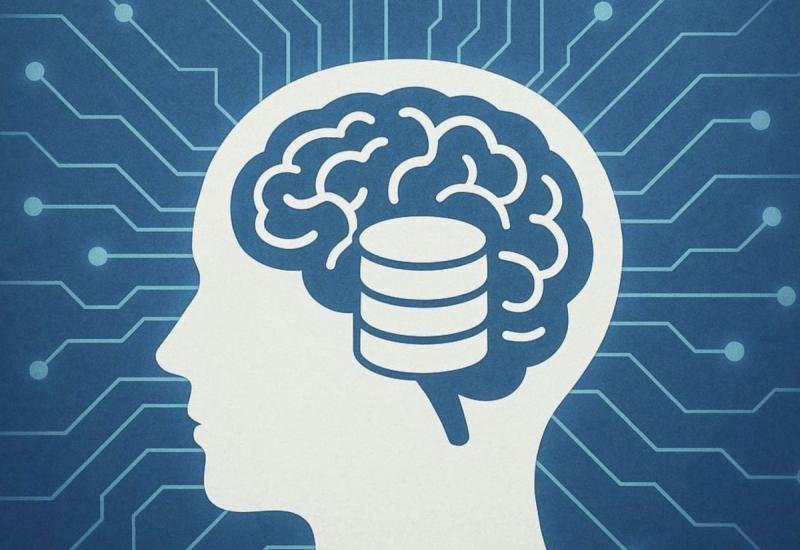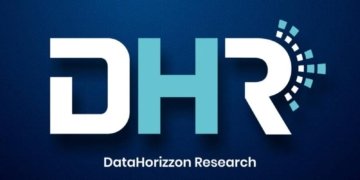Markus Schall, developer and author from Germany, has published “The Unconventional Database Book”, an unusual reference book for all those who not only use databases, but really want to understand them. It is aimed at beginners, newcomers and the curious who want to discover database thinking as a tool for thinking – far beyond technical boundaries. The book was published in German and English language.
Beyond classic textbooks – thinking in structures
Instead of limiting itself to pure syntax, technical definitions or classic SQL examples, this book invites you to grasp the basic principles of databases in depth: Tables, relationships, structures – but also processes, ways of thinking and patterns. It shows how database logic can be found in everyday applications – from contact lists to merchandise management – and how these structures can be designed in a creative way.
Markus Schall succeeds in conveying technical contexts with real-life examples and a pleasantly clear writing style. He deliberately avoids technical jargon without losing any depth. Anyone who has previously shied away from databases will find an understandable introduction here. Those who have been working with them for some time will discover new perspectives.
The book pays particular attention to two unusual chapters that are rarely found in traditional database works: “Using AI as a tool” and “Low-dose lithium for thinking”. In the chapter on artificial intelligence, Markus Schall shows how modern AI systems such as ChatGPT can be used not only for writing, but also as a thinking partner in the database process – for example for developing ideas, checking SQL logic or for structural planning. The tone remains factual, realistic and practical: AI is not sold as a replacement for human thinking, but as an amplifier for clarity and structure.
The chapter “Low-dose lithium for thinking”, on the other hand, takes an almost philosophical perspective. It examines the role of lithium as a trace element for mental clarity and refers to surprisingly unnoticed studies linking lithium to improved cognitive function and emotional stability. In calm, respectful language, the author combines biochemical knowledge with the question: What do we need – both individually and socially – to think more clearly, organize better and deal with complexity? A quiet thought-provoking impulse that rounds off the book and reaches far beyond the topic of databases.
Who is the book suitable for?
The book is not only aimed at developers or IT professionals, but also at the self-employed, teachers, project managers and anyone who has to deal with data either professionally or privately – be it in FileMaker, Airtable, Excel, SQL or no-code systems. It also provides valuable impulses for entrepreneurs who want to better understand their processes.
Three good reasons for this book:
– It explains database thinking simply and pictorially – without prior knowledge.
– It combines technical clarity with strategic thinking.
– It inspires you to handle data more consciously and creatively.
Availability
“The Unconventional Database Book” is now available in bookstores or on Amazon – as a paperback and as an e-book.
Further information and reading samples at: https://schall-verlag.de/en/
M. Schall Verlag
Hackenweg 97
26127 Oldenburg
Germany
Herr Markus Schall
info@schall-verlag.de
M. Schall Verlag from Oldenburg stands for practical, comprehensibly written non-fiction books that support readers with personal or professional challenges. The focus is on topics such as crisis management, database development and modern medicine.
Markus Schall has been working in the IT and software industry since 1993. His focus is on database development, process optimization and digitalization. He has been working intensively with FileMaker since 1994 and has implemented numerous customer projects in this environment. He has been working as a freelance developer, consultant and author since 2004. With M. Schall Verlag, he pursues the goal of imparting practical knowledge in an understandable form – from IT topics to personal development.
This release was published on openPR.















